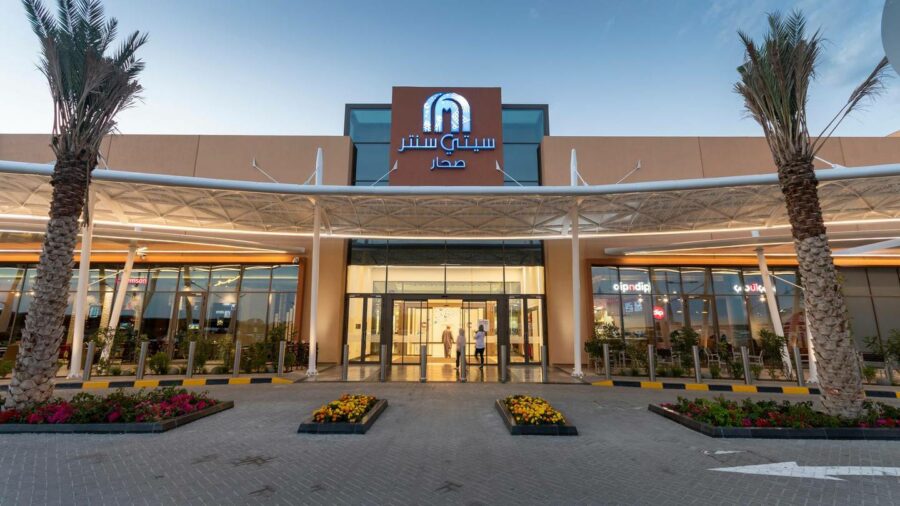The Egyptian Cabinet announced that UAE’s retail conglomerate Majid Al-Futtaim (MAF) is interested in expanding its investments in the Egyptian market, by investing up to $1 billion in Egypt over the next three years.
On Wednesday, Egypt’s Prime Minister Mostafa Madbouly met with Emirati businessman Omar Abdulla Al-Futtaim, CEO of the Al-Futtaim Group.
Al-Futtaim underlined his optimism about the provisions of the Integrated Industrial Partnership Initiative that aims to achieve sustainable economic development between the UAE, Jordan, and Jordan, as well as the comforting sentiment arising from the State Ownership Policy Document.
He emphasized that the Egyptian government’s support for the private sector inspires him to think about how to invest in the actual value potential that the Egyptian economy offers.
Al-Futtaim also discussed some of the issues that Egypt’s retail sector is now facing as a result of the current Russo-Ukrainian crisis.
Moreover, he stressed that MAF has vital connections with international companies by virtue of its work, noting that the group is currently seeking to cooperate with these firms on several projects in Egypt. He further expressed his willingness to invest more in the Egyptian market and to convince all international investors represented by the group, to pump money into Egypt, particularly in the industrial sector.
Al-Futtaim pointed out that a large number of investors have already shown an interest in establishing investment projects in Egypt.
Last April, a report published by Reuters said that Gulf Arab countries directed up to $22 billion to Egypt to help it overcome a severe currency crisis, the third rescue operation of its kind in less than a decade.
However, analysts believe that the Gulf appears to be tightening conditions this time by requiring tangible assets in addition to Central Bank deposits, which could raise costs for Egypt.








